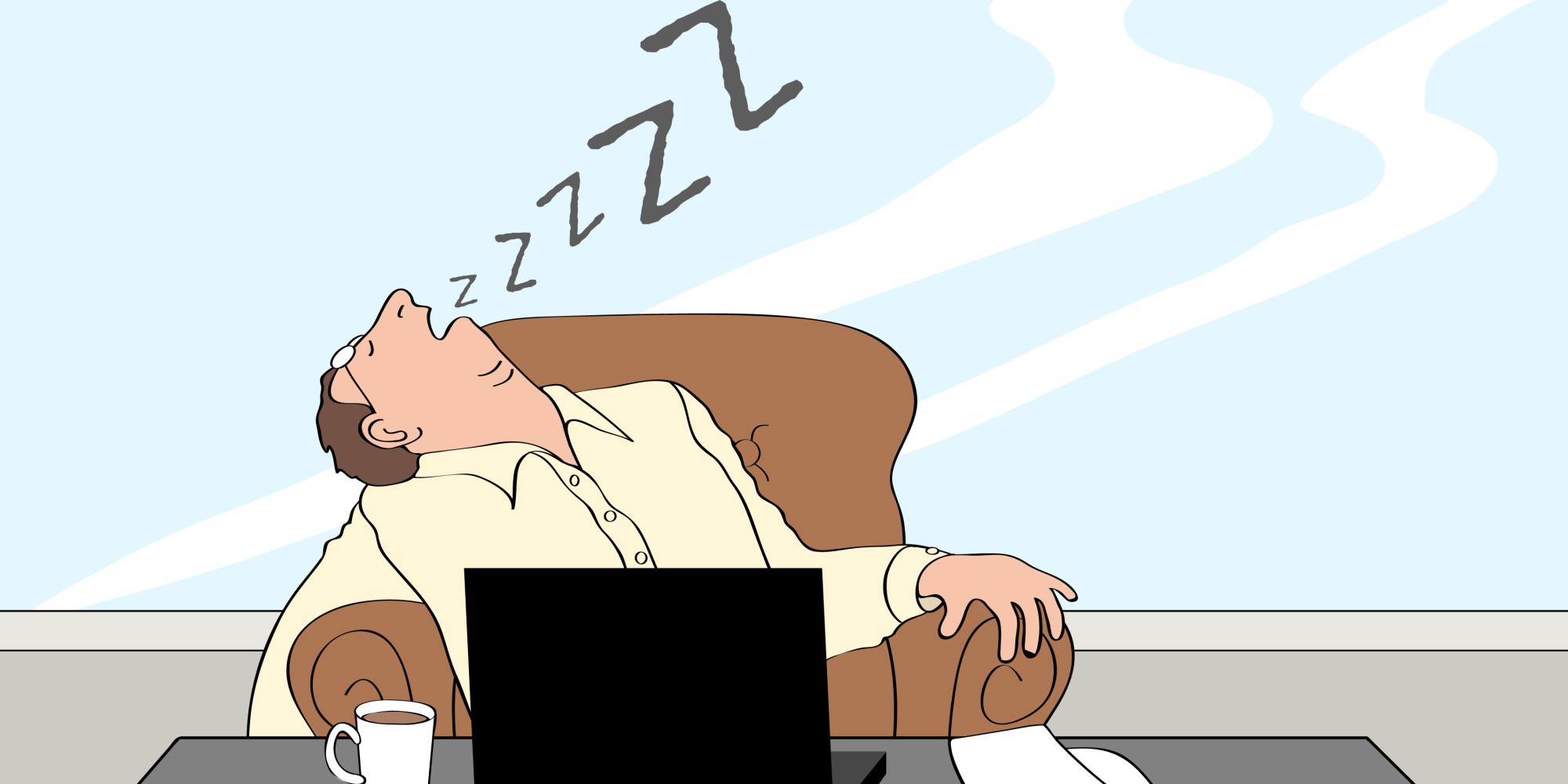Re: Psychiatric discourse on the correct use of 'up'
hey all. Sorry to wade into this. Here's some interesting data.
Note: Germanic languages take prepositions on their native verbs. They generally don't on borrowed Latin verbs.
examples:
Eng: Bob climbed up
Lat: Bob ascended
Eng: Bob climbed down (Remember this beastie from another thread?)
Lat: Bob descendedThis is part of a general debate French speakers have learning English:
Bob walked across the street
Bob traversait la rue
In Romance languages you just cross the street. It's hard to understand why in English you have to cross-across the street.Back to the point. Stolen verbs in English don't need prepositions. "Stood" is not stolen. Ergo it takes the preposition.
That said, "Bob crossed the street" has worked its way into the language illegally. If English had language police, this use would have been banned 100 years ago, and the language would still look like Elizabethan times.Consider: "Bob crossed the street"
By default, middle English speakers would ask: Crossed with what?
Modern English speaker: Crossed intransitively, of course.
In German you can't simply say "to go the street" but rather übergehen die Straße -- Helmut geht über die Straße. Old English words like "go" (gān) and "stand" (standan) like Modern English have context given to them by use with prepositions or adverbs because the words being so ancient have several shades of meaning, and stand up will have a different meaning than stand down even to the extent of having totally different but not opposite meanings. Bob crossed the street is a slippery hybrid abbreviation ("illegal") for Bob goes across the street because literally Bob would be making the sign of the crucifix, or an "x" over or on the street. Words and phrases that morph into less precise meaning is illegal (against institutions of culture) in the sense that we should not give in to deconstructionist mindset when communicating or engage ourselves in NewSpeak that deliberately obfuscates by blurring and obliterating meaning {see: George Orwell).




